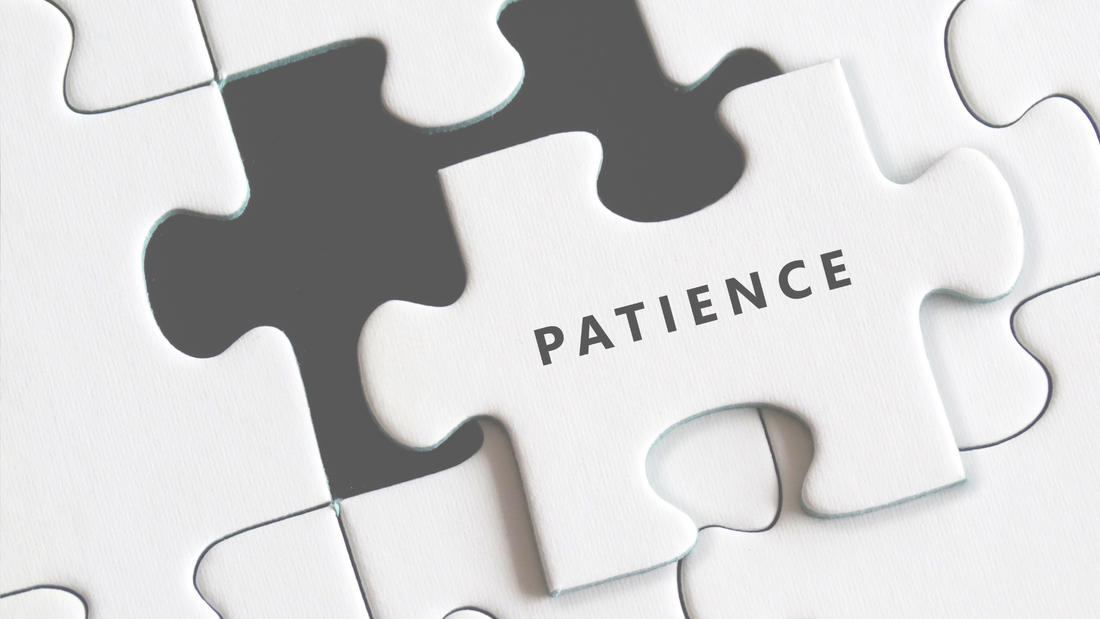We've all heard the age-old adage "keep your cool," especially when navigating challenging interpersonal situations. While it might be tempting to react impulsively, it's essential to delve deeper into the art of patience when facing those who push your limits. So, if you find yourself in a patience-testing predicament, let's explore the nuances of this virtue and why maintaining it is vital. After all, not every encounter is meant to test your limits.
The Art of Equanimity: Staying Serene Amidst Storms
Ah, patience—the quality that often faces its ultimate test during trying moments. Think about it; dealing with vexing individuals can be akin to an emotional rollercoaster. Patience, however, is your anchor amidst these turbulent seas. While it's natural to feel provoked, it's crucial to remember that responding with calmness often yields the most positive outcomes.
Empathy: The Bridge to Tolerance
In our quest to manage those who repeatedly strain our patience, empathy becomes our secret weapon. Understanding that others may be grappling with their struggles or unaware of their irksome behavior can be the key to preserving your composure. By placing yourself in their shoes, you may find that their actions become less bothersome.
Establishing Limits: The Art of Diplomatic Boundaries
When faced with individuals who consistently test your patience, the importance of clear boundaries cannot be overstated. Gently but firmly communicate what you find acceptable and what crosses the line. This diplomatic approach allows you to express your concerns without resorting to blame or aggression.
Effective Communication: "I" Statements and Constructive Feedback
In addressing problematic behavior, employing effective communication techniques is invaluable. Utilizing "I" statements allows you to express your feelings and needs without sounding accusatory. Moreover, offering constructive feedback helps the other party understand how their actions affect you and provides room for improvement.
Choosing Your Battles: Mastering the Art of Selectivity
Not every situation necessitates a robust response. Sometimes, it's wise to let minor irritations slide and conserve your patience for more critical matters. Recognize that not every encounter merits the expenditure of your precious patience and energy.
Taking Time for Yourself: The Power of Retreat
When your patience is teetering on the edge, it's perfectly acceptable to step back momentarily. A brief respite can provide you with the opportunity to regain your composure and perspective before addressing the issue at hand.
Self-Care: Nurturing Your Inner Serenity
Maintaining your well-being is paramount. Engage in stress-relieving activities such as meditation, exercise, or pursuing your hobbies. By prioritizing your mental and emotional health, you bolster your capacity for patience.
Seeking Support: Sharing the Load
Sometimes, discussing your feelings and frustrations with friends, family members, or a therapist can offer invaluable guidance and emotional support. Don't hesitate to reach out to your support network when you feel your patience being tested.
Conflict Resolution Mastery: Navigating Stormy Seas
In instances where conflicts escalate, possessing conflict resolution skills can be a game-changer. Techniques like active listening, finding common ground, and seeking compromise can help restore harmony in tense situations.
Knowing When to Step Back: The Power of Disengagement
In certain cases, limiting or disengaging from interactions with individuals who persistently test your patience is the wisest course of action, especially if they exhibit toxic or harmful behavior.
Remember, patience is a virtue honed through practice and time. It's also essential to discern when to conserve your patience and when to prioritize your own mental and emotional well-being. Not every person or situation is worth depleting your wellspring of patience and energy.

